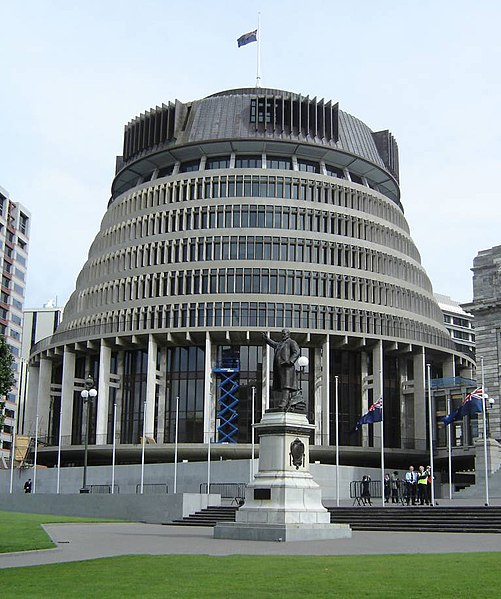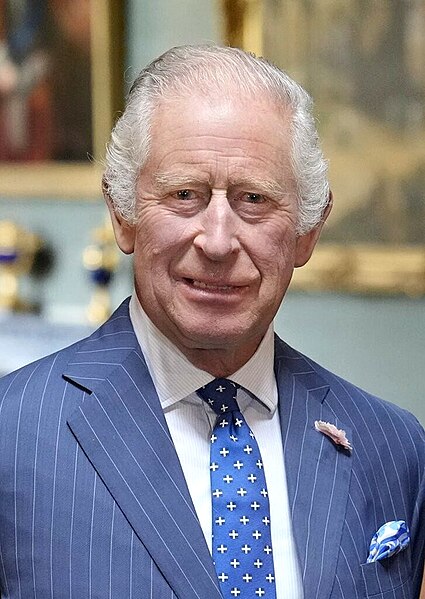In New Zealand politics, Māori electorates, colloquially known as the Māori seats, are a special category of electorate that give reserved positions to representatives of Māori in the New Zealand Parliament. Every area in New Zealand is covered by both a general and a Māori electorate; as of 2020, there are seven Māori electorates. Since 1967, candidates in Māori electorates have not needed to be Māori themselves, but to register as a voter in the Māori electorates people need to declare that they are of Māori descent.
Four long-standing representatives of the Māori electorates, pictured in the 1970s. From left to right: Koro Wētere (Western Maori), Matiu Rata (Northern Maori), Whetu Tirikatene-Sullivan (Southern Maori) and Paraone Reweti (Eastern Maori).
The politics of New Zealand function within a framework of an independent, unitary, parliamentary democracy. The system of government is based on the Westminster system, and the legal system is modelled on the common law of England. New Zealand is a constitutional monarchy in which King Charles III is the sovereign and head of state, while his prime minister serves as the head of government.
Parliament House is the home of the House of Representatives
Ballot showing parties, 2011 general election
The Beehive is the seat of the New Zealand Government
The King of New Zealand: Charles III since 8 September 2022





